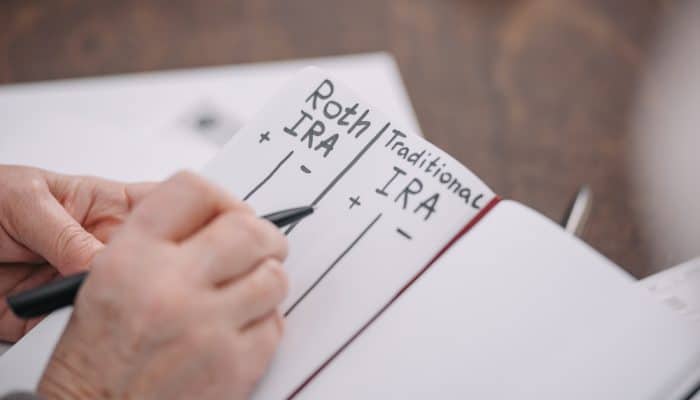If a Florida resident is contemplating estate planning, they have heard or seen the term “probate” come up quite often. If one has never gone through probate, they should learn more about it. Probate is the legal process through which a deceased person’s assets are distributed to surviving heirs or beneficiaries. Many families work hard on their estate plans to limit the potential impact probate will have on their family.
During probate, the court will supervise the administration of the deceased individual’s estate. This process starts with validating the Last Will & Testament. A handwritten note may help influence the court’s decisions, but it is only valid if it has been signed by two (2) witnesses. In Florida, the Last Will does not necessarily have to be notarized. However, to avoid requiring the two (2) witnesses to testify that the Last Will is valid, said Last Will must be notarized after the maker and the two (2) witnesses sign it a second time to make it self-proving. Once the Last Will is deemed valid, it will serve as the legal document guiding the distribution of assets.
The court will appoint a Personal Representative or Executor who will be responsible for managing the estate during the probate process. They are required to identify and gather the decedent’s assets, notify creditors and heirs or beneficiaries, pay outstanding debts or taxes, then distribute the remaining assets as specified in the Last Will or by Florida law if no Last Will exists. A well-organized estate may be able to make quick work of these tasks, but the more complicated the estate, the more likely it will face difficulties during probate.
While probate is a necessary legal process in many cases, there are many reasons why so many people try to avoid it entirely. The main disadvantage of probate is that it can be a very time-consuming process. It can take months to years to complete. These delays can lead to financial hardships as the Personal Representative works to itemize all the assets and beneficiaries await their inheritance.
Probate can also be costly. All from the mounting fees from the courthouse proceedings to property appraisals can affect the value of the estate. For estates with additional property abroad, or in another jurisdiction, there could be an entirely different process compounding the fees and potentially the time it takes to get through probate.
For many families, the idea of their loved one’s estate being public record is concerning. Probate is a public process, so the details about the estate, including its value and how it was distributed become a part of the public record. This lack of privacy can also lead to family disputes. The proceedings sometimes lead to beneficiaries having disagreements about how assets are distributed, which can strain family relationships.
After working diligently one’s entire life, the last thing they want is for the government, through the County Probate Court, to oversee their estate distribution. To do this, every individual needs to plan well in advance to ensure that their assets are protected. It is important to remember that estate planning is for everyone, and there are many legal strategies that will preserve the legacy a Florida resident has created.
Working with an estate planning attorney is one’s first line of defense against the potential drawbacks of probate. An effective estate planning attorney will help organize and examine the specifics of an individual’s estate and make recommendations like establishing a trust, gifting strategies, and beneficiary designations as well as Lady Bird Deeds to accomplish this goal. Every estate is unique and estate planning attorneys can provide guidance.
The foregoing is a brief and general overview of the strategies to avoid probate in Florida.
If you have any additional Questions regarding the foregoing or have any legal issue or concern, please contact the law firm of CASERTA & SPIRITI in Miami Lakes, Florida.





